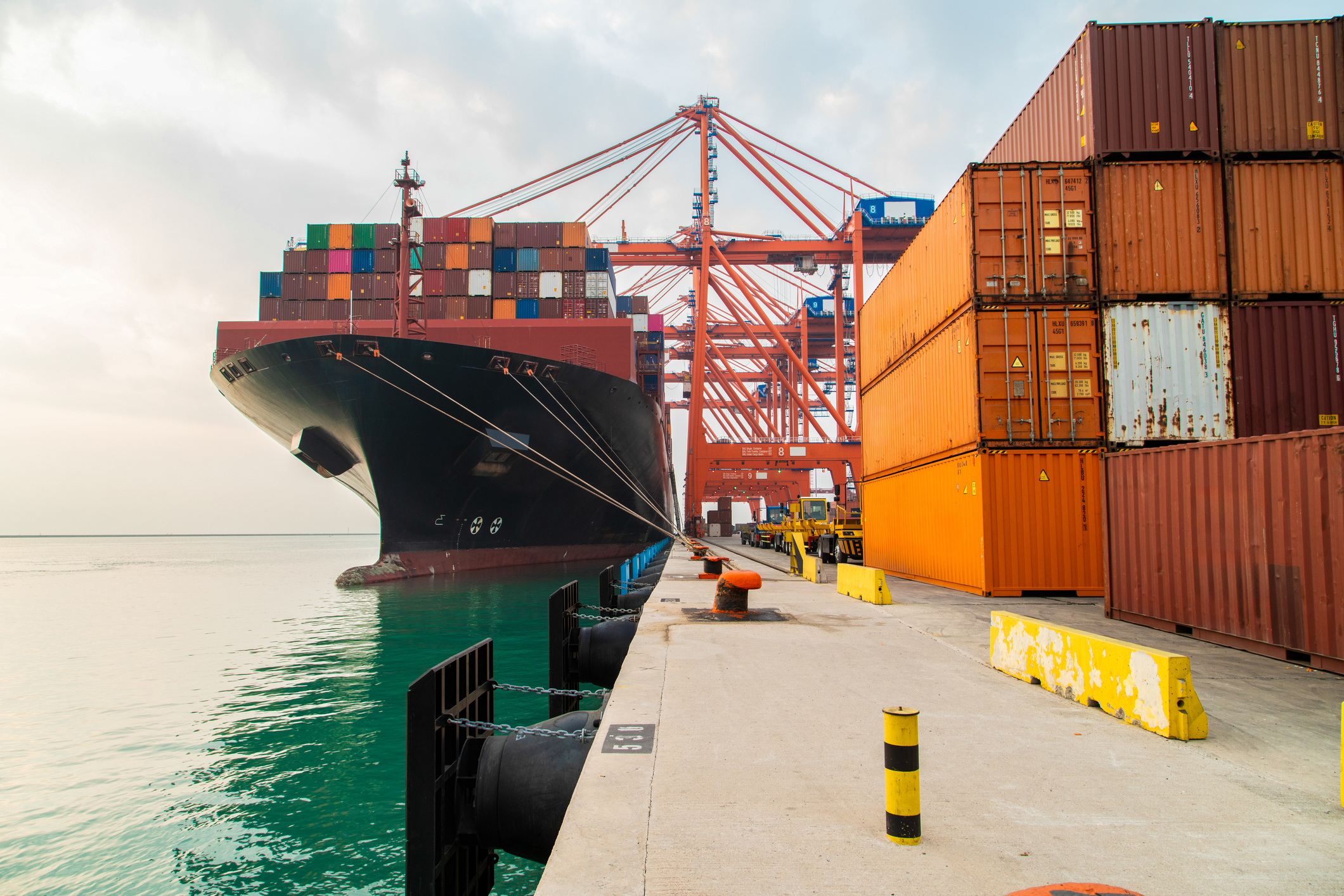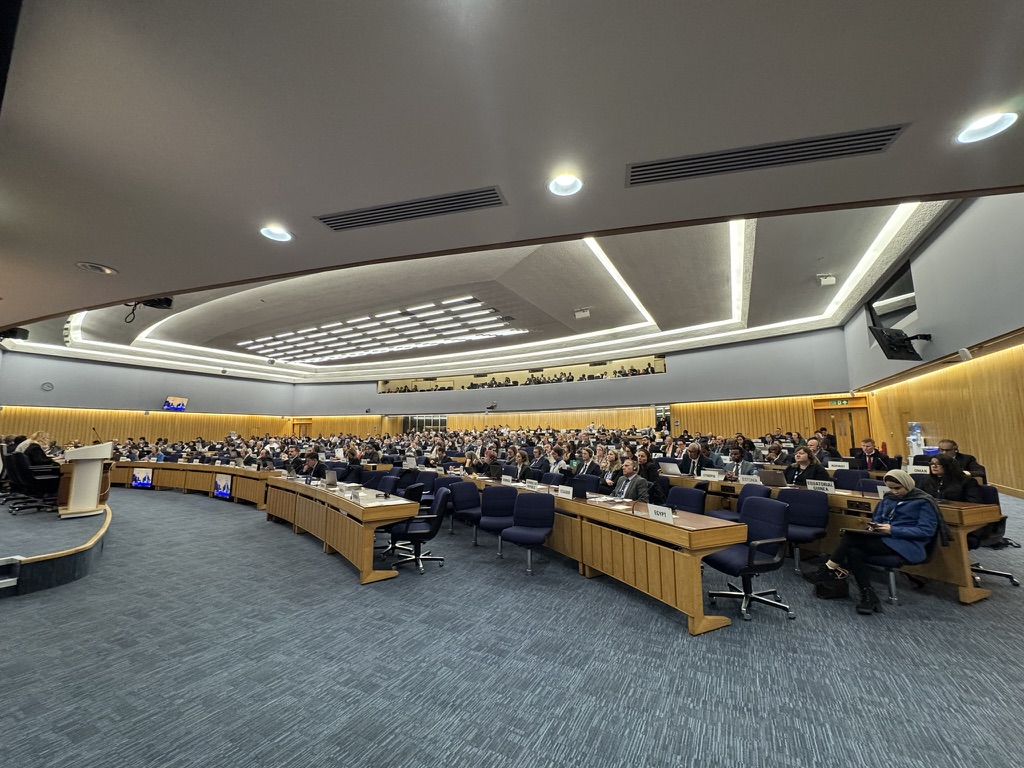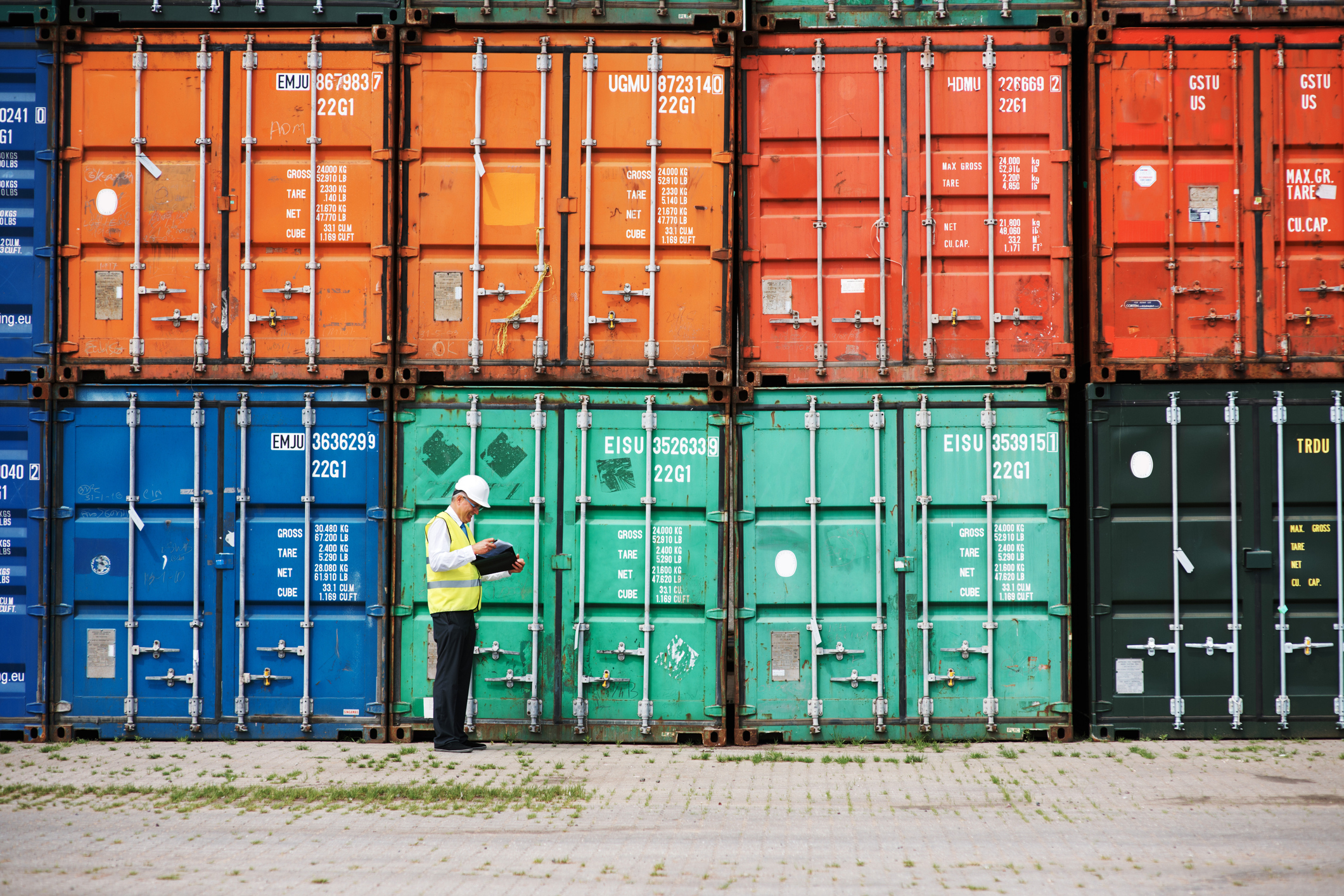The path to zero-emission shipping: A milestone for the ocean, people and sustainable business

On 11 April, after years of hard work, the International Maritime Organization (IMO) voted to decarbonize global shipping by setting regulations on greenhouse gas emissions.
This historic decision paves the way for a just transition to a more resilient and sustainable ocean and shipping industry.

After many years of planning, preparations, research and policy discussions, the International Maritime Organization concluded a pivotal meeting in London. IMO representatives from 176 Member States gathered to advance global regulation to reduce greenhouse gas (GHG) emissions from international shipping to zero by 2050.
International shipping, while essential to the global economy, has been a significant source of GHG emissions and marine pollution. Decarbonizing this sector is key to alleviating environmental stress on the ocean and aligning with the Sustainable Development Goals—particularly SDG 13 (Climate Action) and SDG 14 (Life Below Water).

The discussions focused on operationalizing that ambition through two critical policy levers:
- Technical Regulation: A phased tightening of emission standards designed to accelerate the adoption of low- and zero-emission fuels and ship technologies.
- Economic Measures: A proposed fee on fossil marine fuels, with revenues intended to support the production and uptake of green fuels, infrastructure development and assistance for countries facing capacity and climate challenges.
Together, these measures will create a level playing field across the industry, provide regulatory clarity and drive long-term investments into clean maritime operations.
Business and labour leaders agree the time to act is now. From shipowners to seafarers, there is strong consensus that the transition to zero-emission shipping is not only feasible but necessary—and beneficial.

UN Trade and Development (UNCTAD) reports that shipping is the backbone of global trade, responsible for transporting around 90 per cent of the world’s goods. However, international shipping generates significant emissions, fueling the climate crisis. In fact, shipping accounts for nearly 3 per cent of global greenhouse gas emissions. As climate change intensifies and ocean health declines due to pollution, warming waters and stressors from shipping industries, the case for urgent action becomes ever more clear.
The International Maritime Organization’s vote is historic. For the first time, global regulatory measures will include a mandatory decarbonization regulation. If companies are non-compliant, they will lose their license to operate. This represents a decisive move toward zero-emission shipping—and a more climate-resilient ocean.
The ocean plays a critical role in regulating our climate—absorbing approximately one-quarter of all carbon dioxide emissions and over 90 per cent of the excess heat generated by global warming. But its resilience is not limitless. Factors like rising temperatures and human-driven degradation are threatening marine biodiversity, livelihoods and communities worldwide.

The decision is a defining moment for ocean and climate stewardship and will impact the maritime industry’s role in environmental sustainability for decades to come. Effective decarbonization of shipping will reduce air and water pollution, contribute to a healthier ocean ecosystem and help secure a climate-resilient future.
By aligning with the Sustainable Ocean Principles developed by the UN Global Compact, businesses can help foster fair and effective maritime governance, advocate for ambitious decarbonization targets and enhance protections for seafarers’ rights and well-being. This coordinated engagement across sectors is essential to building a resilient, inclusive and sustainable ocean economy.
The shipping sector and its workforce are ready. The ocean cannot wait—and neither can we.


